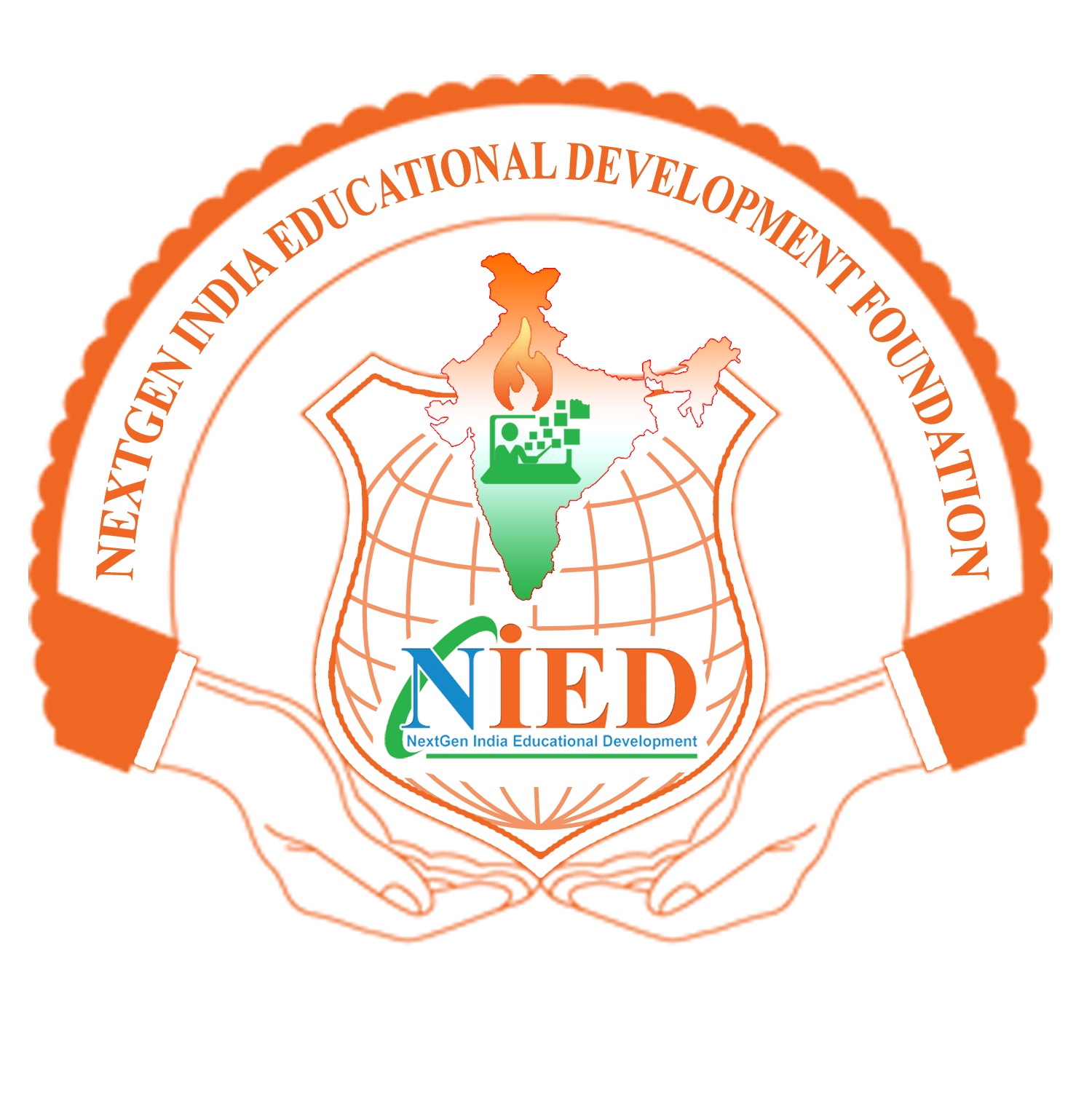Open learning - Open Schooling
Open learning and open schooling are broad terms which describe learning which is ‘open’ in terms of timing, location, teaching roles, instructional methods, modes of access, and any other factors related to learning processes. Most schools already do some level of open learning, through off site trips, on site visits and remote learning. For Make it Open and for future projects within this domain, clarity needed to be grasped. Make it Open provided a starting point with the release of a recent report that accounts for the process of using Service Design methods to characterize the main features of open schooling and create a set of templates which can help any educator to structure an open schooling project or program. NIMVSS A Venture of NIED COUNCIL was intended to be a medium of making education easy for students who are unable to attend regular classes. The challenge before us was to make the instructional. delivery of curriculum convenient and as effective as regular classes for the students. It had to be a well-planned and organized extended learning endeavor which allowed students to pursue other activities without affecting their learning. Reaching out to them through the online medium was an excellent way to deliver educational resources and nullify the location constraint. The National policy on Education suggested strengthening of NIMVSS for extending open learning facilities in a phased manner at secondary and Sr. Secondary levels all over the country and abroad as an independent system with its own curriculum and examination leading to awarding of certificates. This was intended to address the needs of students on working professionals in India and abroad to further the cause of spreading education. The way our instructional deliver and online facilitation of educational courses have expanded in India and abroad, it is a fulfillment of our aspiration to play a pivotal role on making education convenient for students all over the world.
Globally, the gross enrollment ratio at secondary level is still only about 76 percent and, if universal secondary education is to be achieved, there is a need to go beyond brick-and-mortar solutions. Open schooling is an effective response to the rapidly increasing demand for secondary education, both as an end itself and as a route to tertiary education. It can provide skills for employment and entrepreneurship and can be conducted cost-effectively and at scale. Open schooling uses open, distance and online methods to scale up access to secondary schooling to reach the unreached.
There is no right way to offer open schooling, and COL has worked with Ministries and Institutions all over the Commonwealth to develop models of provision that are appropriate for context. Appropriate models can improve access and retention, improve quality of learning outcomes achieved, and reduce costs per successful learner by using open educational resources (OER), implementing open, distance and e-learning methods (ODeL) and employing open educational practices (OEP).
Developing approaches for more flexible provision of schooling opportunities can also help education systems meet the needs of numerous other learners who have been unable to access schooling, are in school but are not learning effectively, have dropped out of school, or who need a second opportunity to improve their schooling outcomes to access employment or further education and training opportunities. Learners at the pre-tertiary level may not have the motivation or basic skills (reading levels, language ability or study skills) to progress in their studies without a substantial amount of support from a parent, facilitator or tutor. The lower the educational level and the younger the target learners, the more face-to-face or other interactive support is needed, and this will have significant implications for the cost of provision. A parent can play this facilitating role in some circumstances, as has been shown in home schooling models. This does not mean, however, that the tutor (or whatever he or she may be called) should resort to traditional talk-and-chalk teaching an approach that is likely to be disastrous. Rather, it is important to inculcate the role of a facilitator who helps learners make best use of the learning opportunities that have been developed in other media. Bringing about such cultural change in traditionally trained teachers is not always easy.


